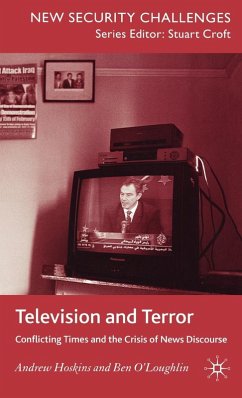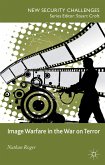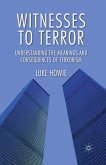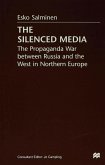In this book, Hoskins and O'Loughlin demonstrate that television, tarnished by its economy of liveness and its default impositions of immediacy, brevity and simultaneity, fails to deliver a critical and consistent exposition adequate to our conflicting times.
The advent of the twenty-first century was marked by a succession of conflicts and catastrophes that demanded unrestrained journalism. Hoskins and O'Loughlin demonstrate that television, tarnished by its economy of liveness and its impositions of immediacy, and brevity, fails to deliver critical and consistent expositions of our conflicting times.
The advent of the twenty-first century was marked by a succession of conflicts and catastrophes that demanded unrestrained journalism. Hoskins and O'Loughlin demonstrate that television, tarnished by its economy of liveness and its impositions of immediacy, and brevity, fails to deliver critical and consistent expositions of our conflicting times.
'... the strength of this book lies in its ability to communicate important ideas from media studies to a broad audience of scholars interested in media discourse... Television and Terror effectively describes how television news, through the mediatization of events, works to constitute the social reality in which we live... In particular, it provides fodder for the argument that television can itself be hijacked as a weapon of terror as television news increasingly mediatizes events that take place in today's world.'
- Adam Hodges, Stanford University
- Adam Hodges, Stanford University








